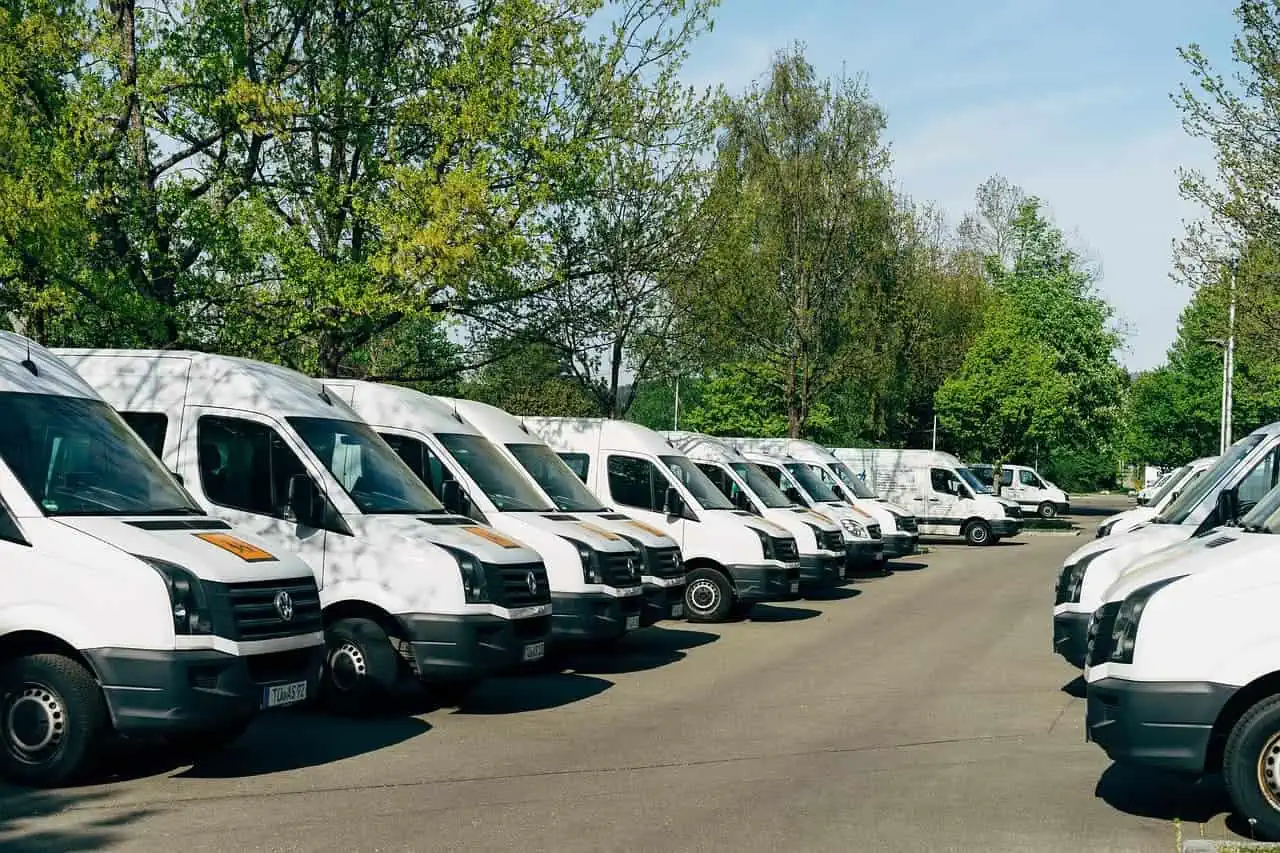Fleet operators in the US are reportedly calling for the government to introduce California’s Advanced Clean Trucks (ACT) and Advanced Clean Cars II (ACC II) regulations.
By doing so, the government can significantly aid the commercial fleet industry in reaching its electrification goals.
Recently, the Ceres Corporate Electric Vehicle Alliance sent nine state governors an open letter to encourage them regarding the adoption of ACT and ACC II standards, Accesswire reported.
Open letter highlights
Ceres Director of Clean Vehicles Sara Forni represented the entire coalition through the open letter.
Director Forni emphasized that the coalition comprises 31 major firms and fleet operators with an annual revenue of over $1.2 trillion. It also owns, leases, and operates over 2.7 million fleets in the US.
However, the primary point of the open letter is to urge the government to introduce the ACT and ACC II regulations. They expect the move to support the industry’s adoption of clean energy.
“By adopting policies like ACT and ACC II, state policymakers can help fleets access the volume and variety of ZEV models they need to unlock significant economic, health, and climate benefits. Additional state adoption of ACCII and ACT also enables major companies, including those in the Alliance, to plan more effectively for regional and nationwide rollouts of clean vehicles.”
Ceres Corporate Electric Vehicle Alliance
Why is it necessary?
The ACT and ACC II would impose inflating sales rates for zero-emission light-, medium-, and heavy-duty vehicles in the coming years.
The ACT standard will support the production and sales ramp-up of zero-emission trucks, vans, and other large commercial vehicles by 2035. Meanwhile, the ACC II regulation will ensure electric vehicles account for 100% of new light-duty vehicle sales by the same year,
“The Advanced Clean Trucks and Advanced Clean Cars rules will accelerate and guide the clean vehicle transition, helping to satisfy the strong market demand for zero-emission trucks and vans while sending a clear market signal to companies and utilities to invest in building the charging infrastructure necessary to support them.
We encourage governors across the country to adopt these key policies and capitalize on the surge in private and public investment available for the clean vehicle transition, benefiting their residents, businesses, and communities.”
Abby Campbell Singer, Senior Director and Head of Climate and Infrastructure Policy at Siemens USA, Ceres member
Progress
According to the report, eight US states have already embraced the ACT standard. The other six states are still in the process of imposing it.
Meanwhile, at least six states have already imposed the ACT regulation. The other seven states are expected to complete the process before the year ends.
See Also:
- Fuel cell trucks in the US: Giant & Baby Steps
- CA power operator slammed by GOP leader for discouraging EV charging despite vote to ban Gas Cars
- Oregon halts EV rebate spending $75 million in funds
- EVs surpass PHEV options for the first time since 2014
- The state of California aims for 100% EV Sales by 2035
There is no doubt that the transportation industry is the biggest source of C02 emissions in the US. Therefore, Ceres aims to contribute to decarbonizing the commercial fleet industry through its Ceres Ambition 2030 program.
You can access Ceres’ open letter here.






